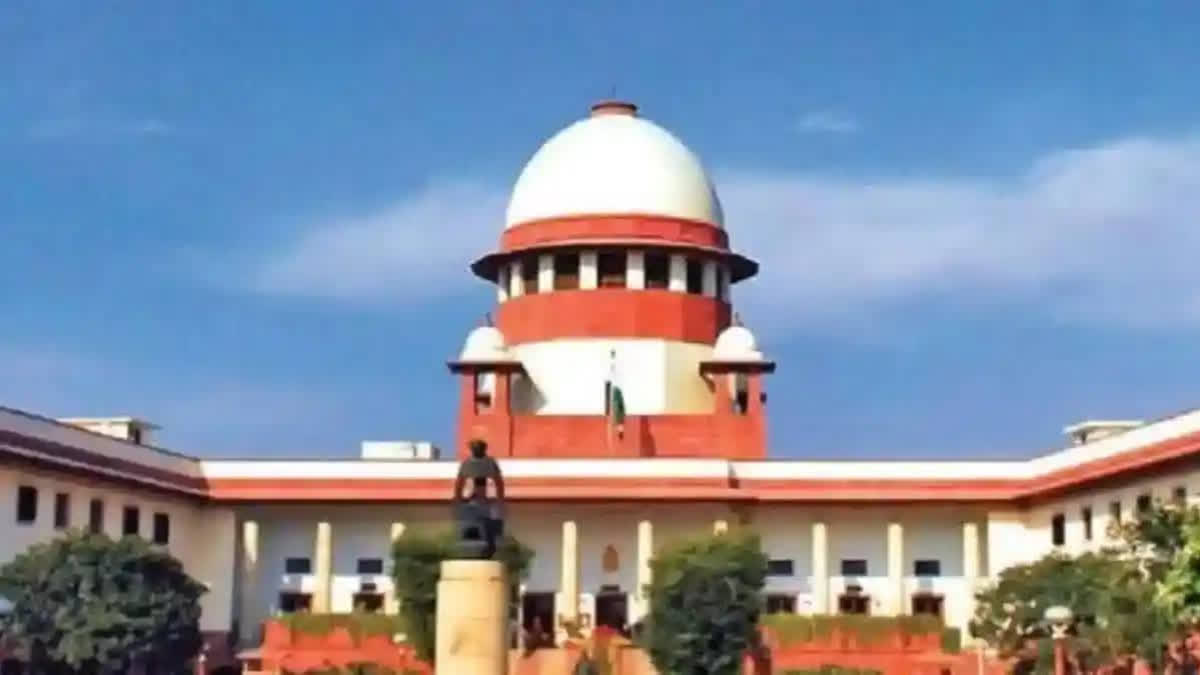New Delhi:The Supreme Court has set aside the National Consumer Disputes Redressal Commission’s (NCDRC) July 7, 2008, judgment, which unilaterally held that any interest above 30% per annum on credit card dues as usurious and unfair trade practice, saying “upon availing the facility of the credit cards, the customers, are made aware of ‘the most important terms and conditions’, including the rate of interest….”.
A bench comprising justices Bela M Trivedi and Satish Chandra Sharma said that RBI has made it clear that there exists no material on record, to establish that any bank has acted contrary to the policy directives issued by it.
The bench said the decision by the commission is contrary to the legislative intent of Section 21A of the Banking Regulation Act and also an encroachment upon the domain of the RBI.
The bench, in a verdict delivered on December 20, said that even otherwise, there is not even a single averment to establish how the charging of rates of interest upon the default by credit card holders, without a standardised rate, is usurious and constitutes an unfair trade practice. Justice Sharma, who authored the judgment on behalf of the bench, said the mere inflation in the rates of interest cannot be construed as a practice, intended to cause loss or injury.
The bench noted that it is correct to say that the commission has been duly empowered under the statute to set aside unfair contracts, which may symbolise a single will or are unilaterally dominant or incorporate terms which are unfair and unconscionable. The bench added, however, that the rate of interest, charged by the banks, determined by the financial wisdom and directives issued by the RBI, and duly communicated to the credit card holders from time to time, cannot be in any manner unconscionable or unilateral.
“The credit card holders are duly educated and made aware of their privileges and obligations, including timely payment & levying of penalty on delay”, said the bench.
The bench accepted RBI’s contention that the question of directing it to act against any bank does not arise, in the facts and circumstances of the present case. “That there is no question of the RBI being directed to impose any cap on the rate of interest, either on the banking sector as a whole, or in respect of any one particular bank, contrary to the provisions contained in the Banking Regulation Act, and the circulars/directions issued thereunder”, noted the bench.
